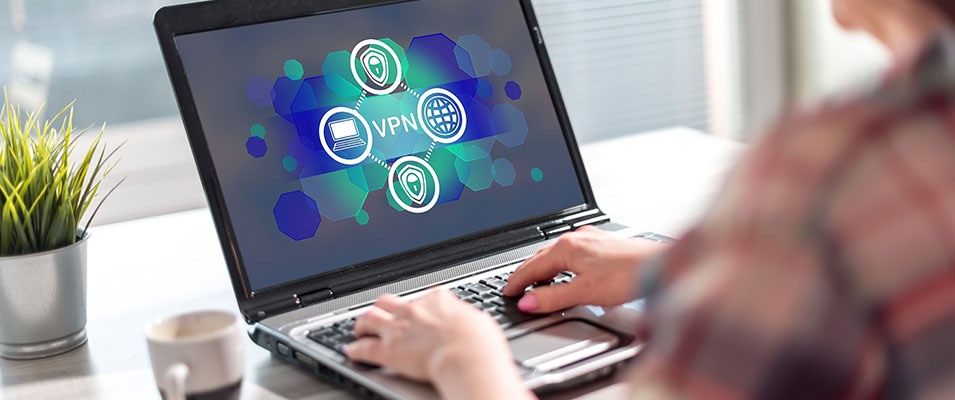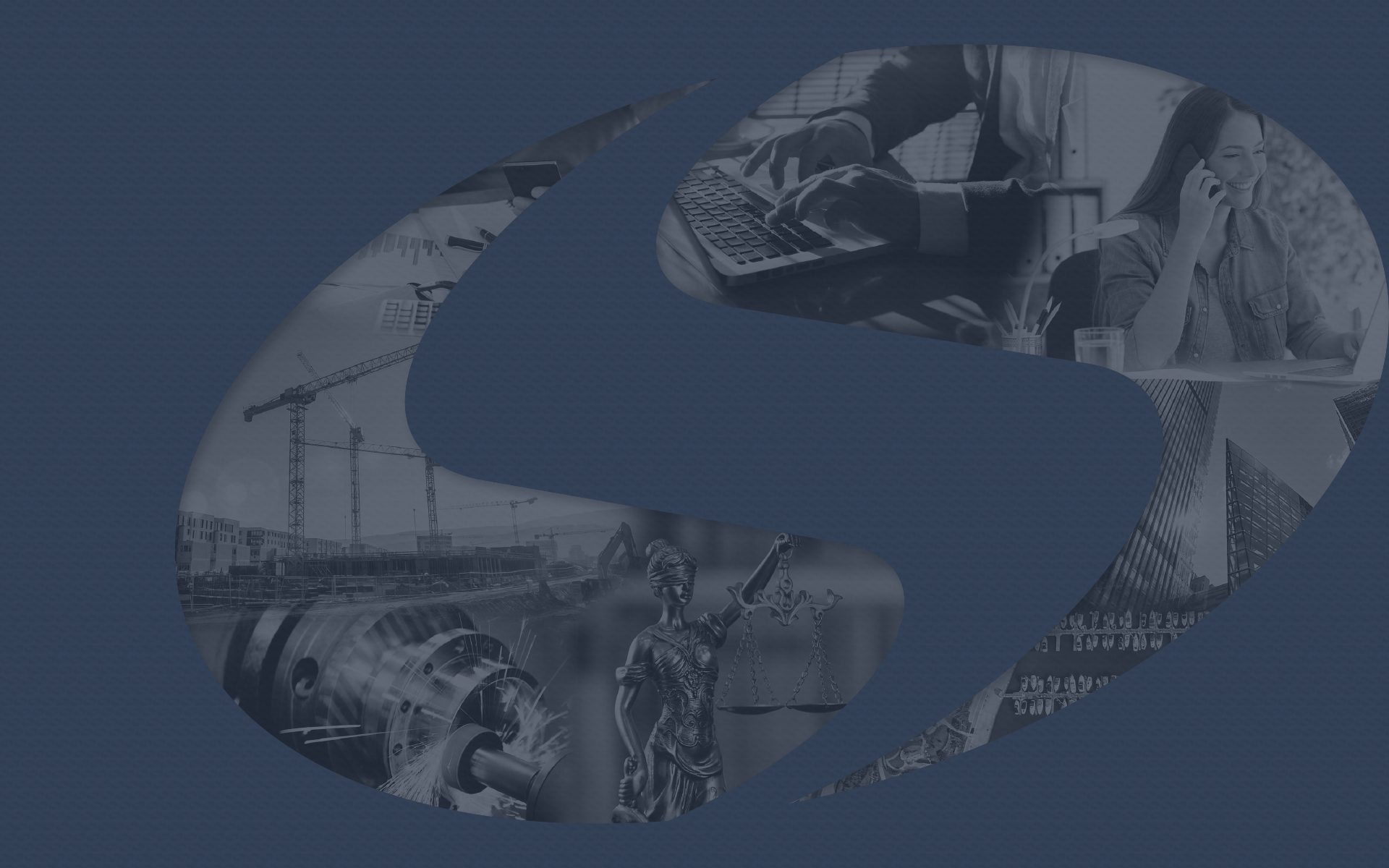
02 Mar Securing Your Home Network
Securing Your Home Wi-Fi Network:
Why It’s Important & How to Do It
Since the emergence of Wi-Fi and everyone having their own wireless network, securing that network is more than just a personal responsibility—it’s critical to safeguarding your digital assets, privacy, and financial security. Unfortunately, cybercriminals have become proficient in finding and accessing vulnerable Wi-Fi networks, giving them access to the connected devices and the information on them. Sunwest Bank understands the importance of protecting you and your family from cyber threats. We’re committed to providing practical advice to protect your home Wi-Fi network from hackers, cybercriminals, and prying eyes.
Whether installing your network or upgrading your home’s cybersecurity, our expert-backed tips ensure your family’s Wi-Fi network is as secure as possible. With criminals constantly developing new ways to exploit vulnerabilities, it’s vital to stay ahead by implementing best practices for home network security.
Why Securing Your Home Network Is Critical
Hackers no longer need sophisticated skills to infiltrate a home network—free, downloadable hacking tools and tutorials make it easy for even amateurs to gain access and cause harm. However, the more alarming threat comes from organized cybercriminals seeking to steal financial information, gain unauthorized access to connected devices, or use your network for illegal activities.
At Sunwest Bank, we aim to help you understand the risks and guide you through securing your home network using common-sense practices and advanced network security measures.
What Makes a Home Network Secure?
To ensure your Wi-Fi network is as secure as possible, focus on three key areas: hardware security, software protection, and vigilant practices. Properly configuring your devices and staying up-to-date on emerging threats are critical components of a secure home network.
Key questions to consider:
- What is the most secure home network setup?
- Which wireless security settings are recommended?
Let’s break down these areas further to give you a clear roadmap.
Protecting Your Home Wi-Fi Network: The Basics
Using Strong Network Passwords
You must start with a strong password to secure your home Wi-Fi network. Avoid using easily guessable passwords like “password123” or your phone number. Instead, create a complex password for your router and Wi-Fi network. The longer and more varied your password, the more difficult it becomes for hackers to break in.
Combining letters, numbers, and symbols in random order is one of the best ways to create a secure password. With more devices relying on Wi-Fi connectivity, an insecure network becomes a gateway for cybercriminals to steal sensitive data or control your smart home.
Pro Tip: Change your Wi-Fi password at least every 6 months to ensure ongoing security. It is best not to repeat old passwords and to make one completely random.
Securing Your Router and Modem
Your router is the gatekeeper of your home Wi-Fi network, and it’s essential to enable network encryption. Network encryption scrambles the data being transmitted over a network into an unreadable code. Most modern routers have encryption technologies like Wi-Fi Protected Access (WPA) or WPA2. If your router settings default to Wireless Encryption Protocol (WEP), upgrading to WPA or WPA2 is essential for more robust security.
Additionally, changing your router’s default administrator credentials should be your first step after installation. Many routers come with preset usernames and passwords that hackers can easily find. Because the default router login credentials are typically fundamental, customizing the username and Wi-Fi password to something unique and complex will reduce the likelihood of brute-force attacks.
Best Practices for Router Security:
- Enable WPA3 encryption if your router supports it for maximum security.
- Regularly update your router’s firmware to ensure you have the latest security patches.
- Create a separate guest network for visitors and IoT devices, such as an Amazon Echo, ensuring that your primary network is used only by trusted devices.
Advanced Network Security Tips: Going Beyond the Basics
Securing IoT Devices on Your Network
Internet of Things (IoT) devices — such as smart thermostats, security cameras, and even smart refrigerators—are incredibly convenient but can pose security risks. These devices often lack robust security features, making them easy targets for hackers.
When adding IoT devices to your network, place them on your guest network to prevent them from accessing sensitive data on your main network. Additionally, change the default password on every IoT device and keep their firmware up-to-date to patch any known vulnerabilities.
Secure Remote Management and Access
In today’s work-from-home environment, remote access to your home network is often necessary. Consider setting up a Virtual Private Network (VPN) for secure remote access. A VPN encrypts your internet traffic, ensuring your data remains protected while connecting outside the home.

Some routers have remote management features, allowing users to configure their router settings from anywhere. Still, you should check with the router manufacturer or guide to verify what is possible. While convenient, this feature can also introduce a security risk. It’s best to disable remote access if you don’t need it. If you do, ensure it’s only accessible via a secure connection such as a VPN.
Additionally, Sunwest Bank advises against enabling Universal Plug and Play (UPnP) on your router, as it can create vulnerabilities by automatically opening ports that hackers can exploit. Universal Plug and Play is a feature that allows devices like computers, printers, and smartphones to easily connect and communicate on the same network without needing manual setup. For maximum security, disable UPnP and manually configure necessary ports for remote access.
Building a Comprehensive Defense: Firewalls, Anti-Virus, and Anti-Malware
Firewalls: The First Line of Defense
A firewall acts as a protective barrier between your network and potential threats on the Internet. Most routers, whether wireless or otherwise, come with built-in firewalls that monitor traffic and block unauthorized access. Make sure your firewall is activated and configured correctly.
But don’t stop there—invest in a software firewall to complement the hardware version. This double layer of protection reduces the risk of intrusions.
Anti-virus and Anti-Malware Software
Alongside firewalls, anti-virus and anti-malware software is essential for any home network. While anti-virus programs detect and remove known threats like viruses and worms, anti-malware software focuses on newer, more sophisticated threats such as ransomware, spyware, and other malicious programs that traditional anti-virus software may miss.
Consider these tools as your final defense line against cyberattacks. Also, check with your internet service provider to see what software is available or already in place. Regularly updating both programs will ensure you have the latest protection against new vulnerabilities.
Sunwest Bank Recommends:
- Running a combination of both anti-virus and anti-malware programs for comprehensive coverage.
- Scheduling regular system scans to detect and remove harmful files.
Staying Ahead of Cybercriminals: Continuous Vigilance
The nature of cyber threats is constantly evolving, and hackers are always searching for new ways to exploit your Wi-Fi network. Regularly updating your connected devices, employing strong security practices, and staying informed are essential in protecting your home network.
Stay Connected at Home with Confidence
Securing your home network may seem daunting, but with the right tools and knowledge, you can protect your family and personal information from potential threats with a few simple steps. At Sunwest Bank, we prioritize your cybersecurity by providing valuable insights and actionable advice to help you maintain a secure digital environment. Whether setting up a network for the first time or enhancing your existing one, Sunwest Bank is here to help you stay safe in an increasingly connected world.
Key Takeaways:
- Invest in a secure router and activate WPA3 encryption for maximum security.
- Regularly update firmware, anti-virus, and anti-malware software.
- Use a VPN for secure remote access.
- Segment your Wi-Fi network by creating a guest network for visitors and IoT devices.
With Sunwest Bank’s support, you can confidently secure your home network and safeguard your digital life.




